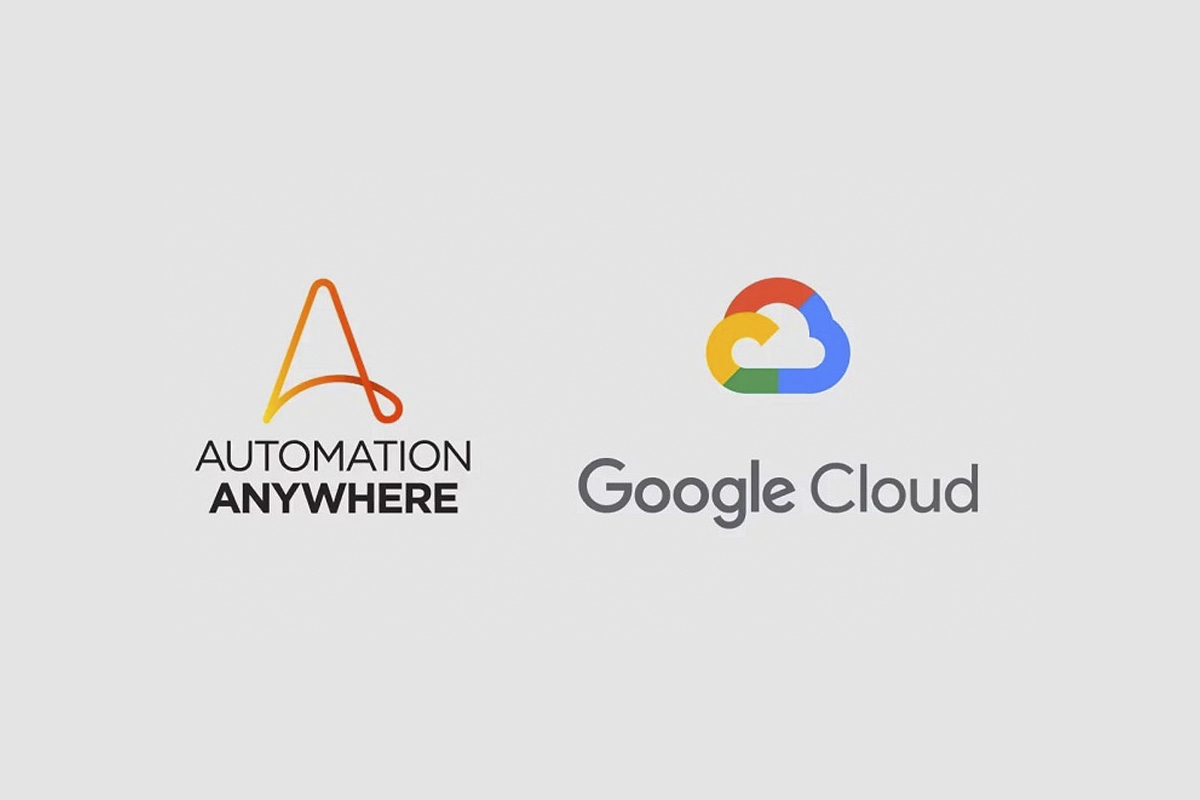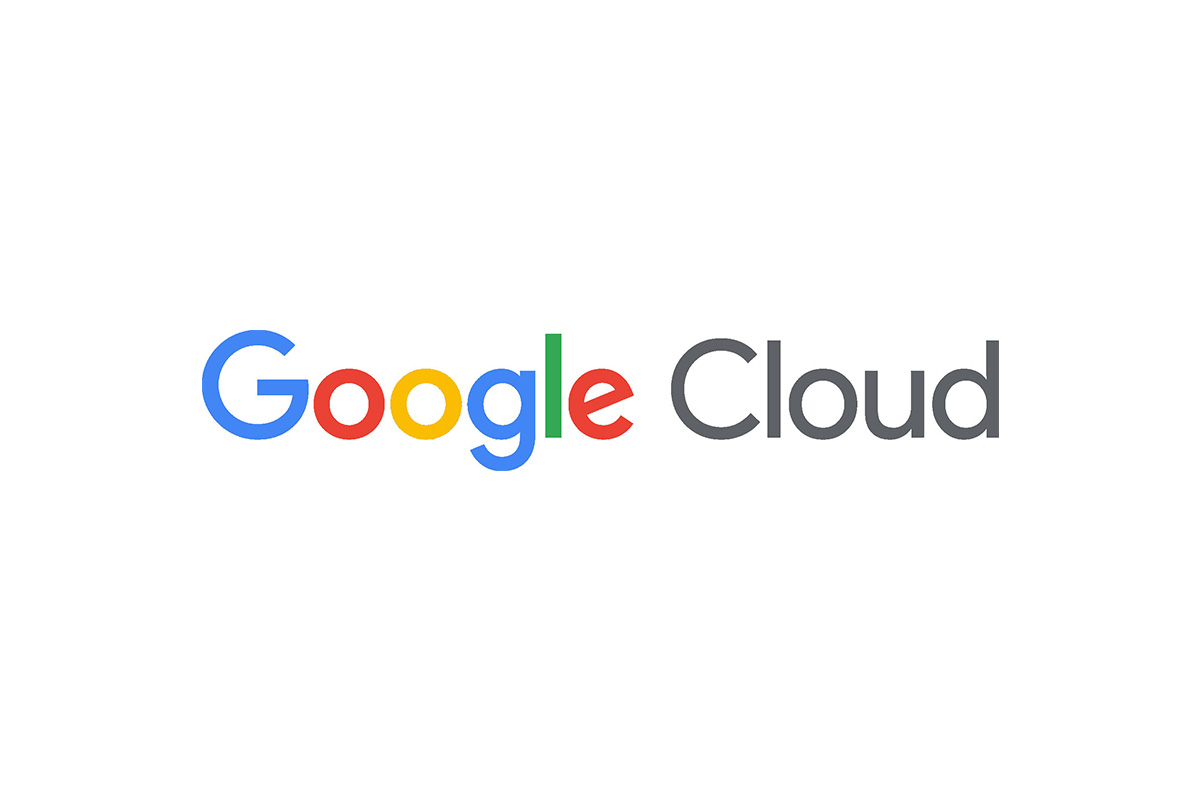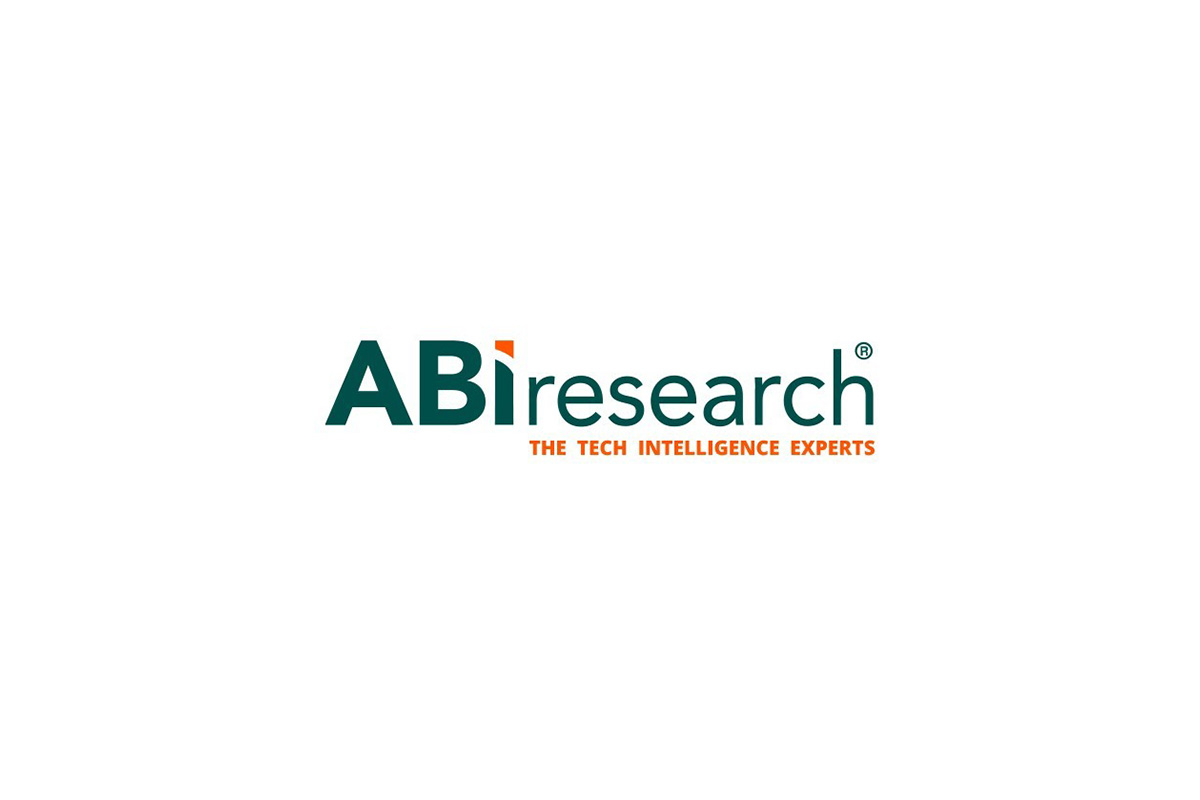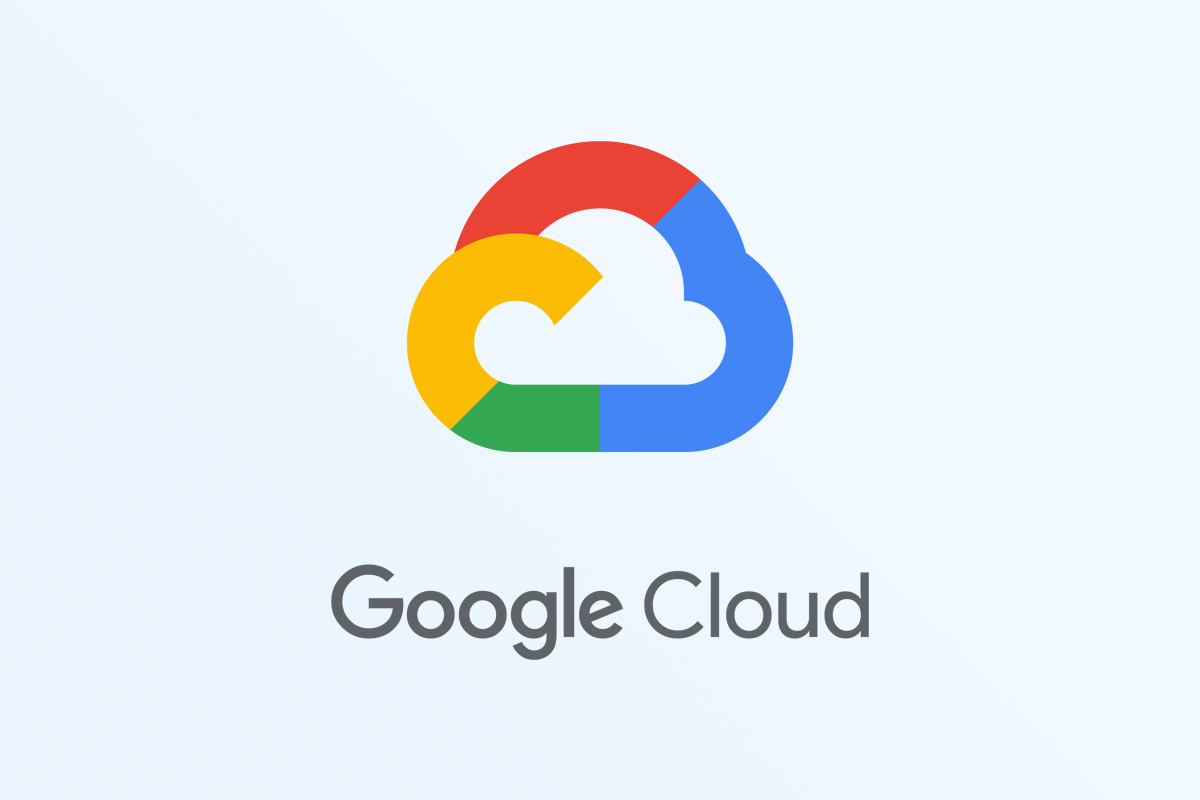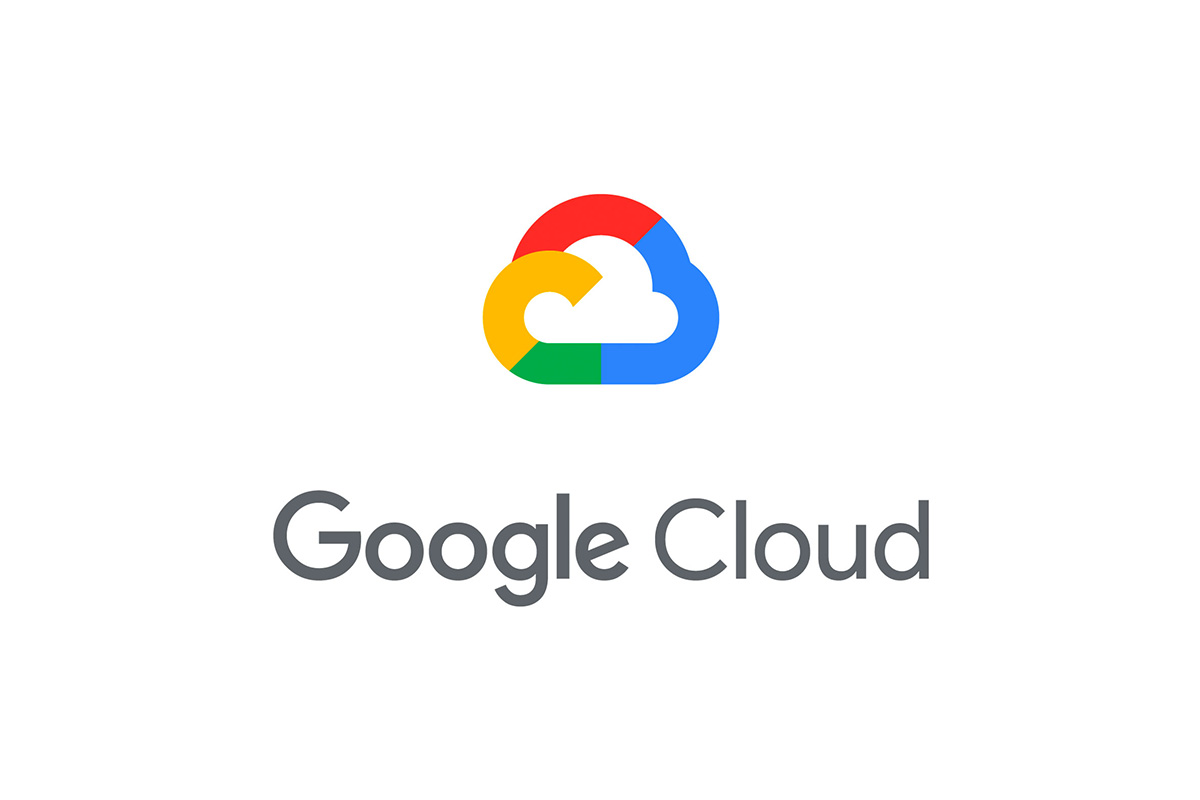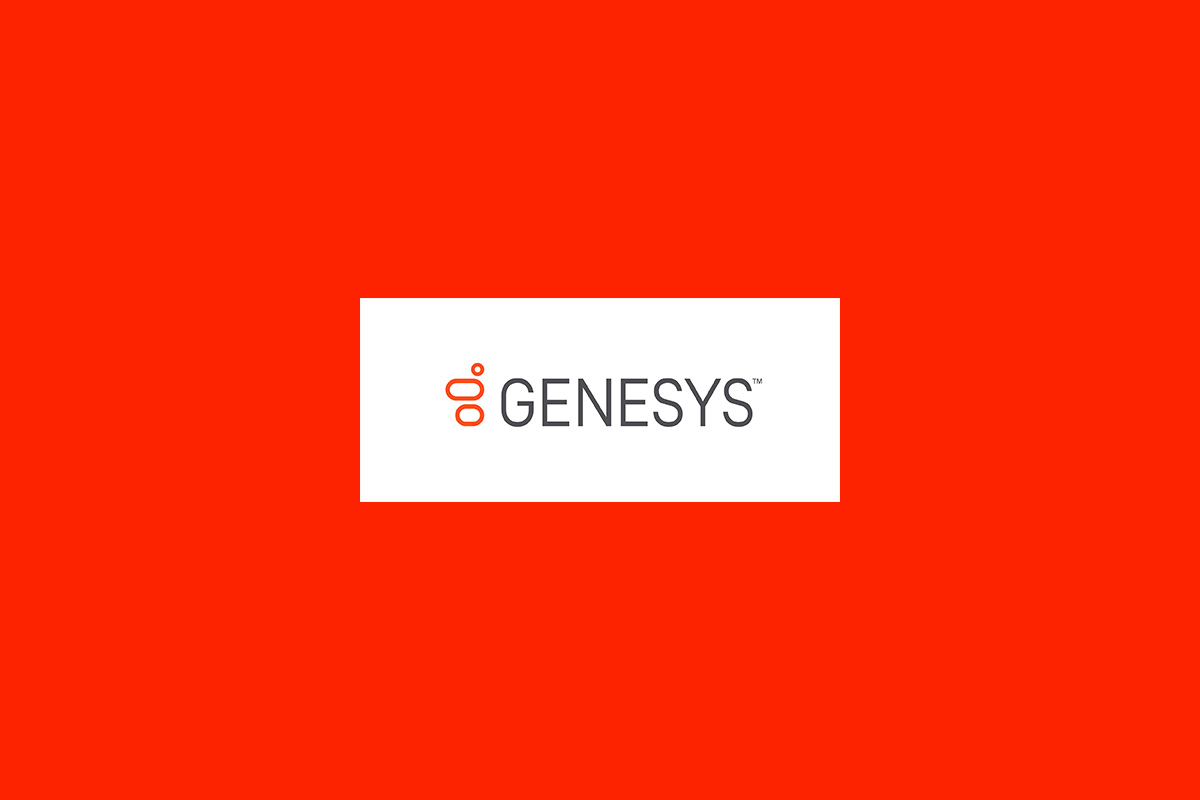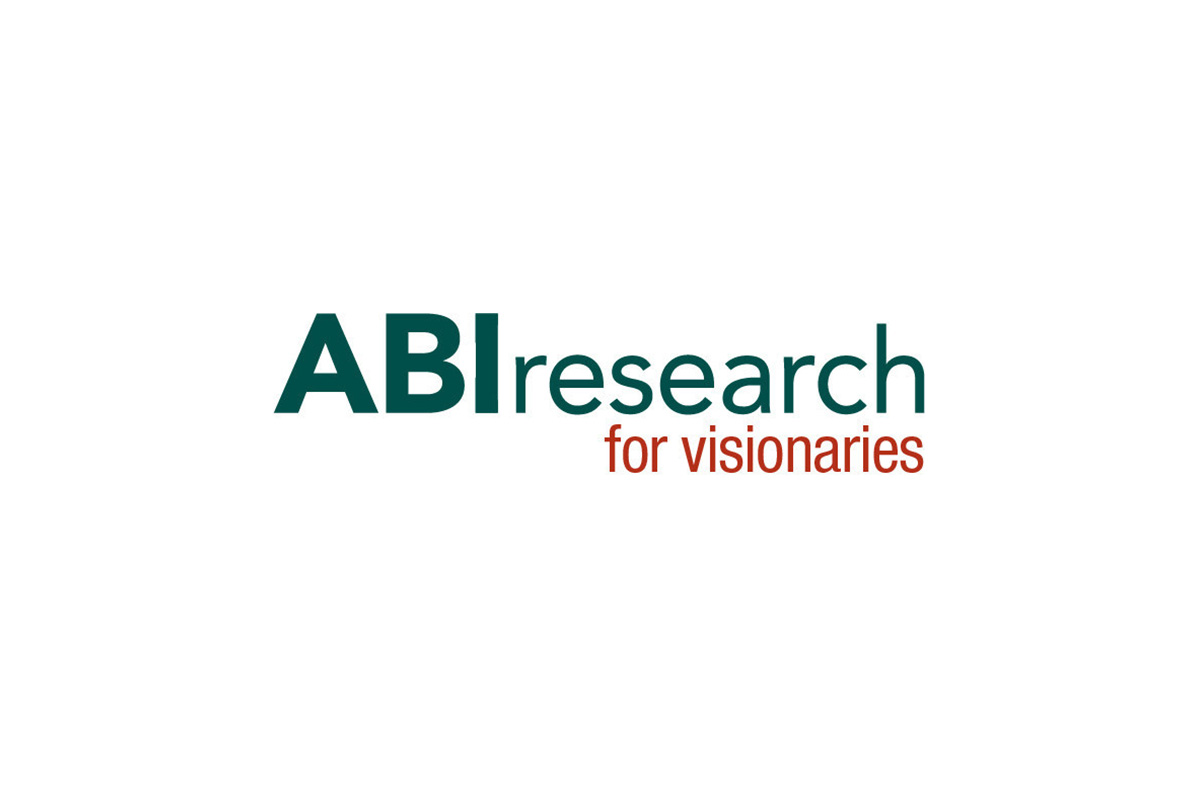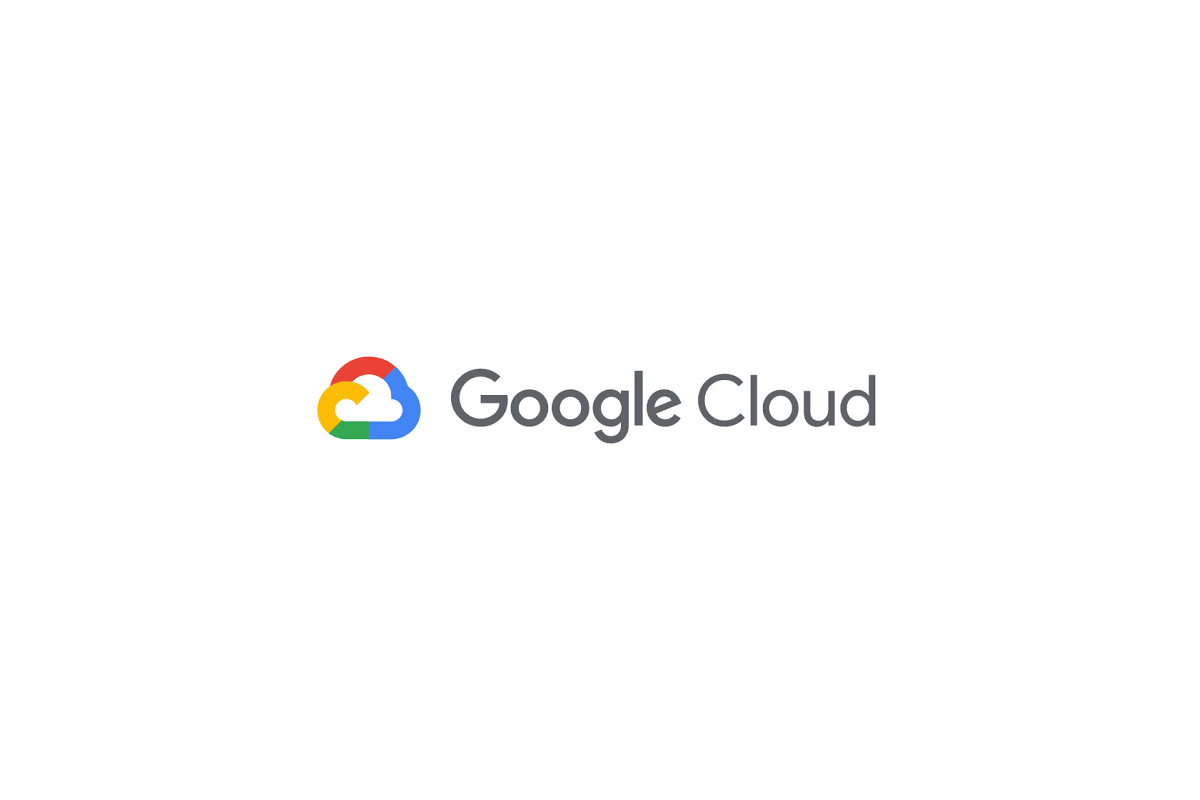Automation Anywhere and Google Cloud today announced an expanded partnership that combines the power of generative AI and intelligent automation to accelerate the adoption of AI and make it accessible to every enterprise.
Automation Anywhere is utilizing Google Cloud’s large language models (LLMs) via Vertex AI to build and launch new generative AI features on the Automation Success Platform. Businesses today utilize the Automation Success Platform to automate common front- and back-office processes in areas like human resources, finance, IT, and supply chains. The partnership with Google Cloud will now unlock new value and automation use cases for customers with generative AI, including:
- Empowering citizen developers: Businesses can build automation from natural language using the Automation Success Platform and Google Cloud’s generative AI and go from idea to automation faster than ever. With the power of generative AI models in Vertex AI, automation builders can use natural language to simply describe what they need and action a process in Automation Anywhere.
- Automating data summaries: By expanding the depth and breadth of document types that can be leveraged for business process automation, users can extract data from complex and unstructured documents like contracts, resumes, waybills, and more. This enables automation to be used for even greater impact use cases in healthcare, finance and legal services, all with significantly improved accuracy.
- Communicating directly with customers: Virtual or human support center representatives can leverage natural language processing to respond to customer issues and automatically generate pre-populated, personalized email responses. From there, it’s fast and easy to generate call summaries and other reports and integrate them into customer relationship management (CRM) systems.
- Accelerating underwriting processes: In the highly competitive commercial loan industry, using automation to collect and summarize all loan application information can accelerate the underwriting process and optimize close cycle times. This improves accuracy, reduces risk, improves customer experiences and results in higher employee satisfaction.
“Generative AI is unleashing a new wave of technology advancements set to enhance our regular ways of work by increasing employee productivity, transforming business operations model,” said Raj Mistry, EVP – EMEA, Automation Anywhere. “Automation Anywhere along with Google Cloud will enable companies to work with Generative AI and help transform traditional ways of customer engagement by accelerating teams’ performance, letting organizations effectively scale and maintain security.”
“Generative AI helps streamline complex business processes and allows users to generate content at the click of a button,” said Bruno Heese, Managing Director, Partners and Channels, Google Cloud EMEA. “Partnering with Automation Anywhere, will strengthen the Generative AI offering by accelerating its technology prowess through the speed of automation, transforming crucial business areas such as customer engagement, employee productivity, app development, etc.”
This new combination of Google Cloud’s generative AI with Automation Anywhere builds on years of AI work between the two companies and hundreds of mutual customers.
Google Cloud and Automation Anywhere also have a deep go-to-market partnership, focused on driving customer success, and the Automation Success Platform is available to deploy via the Google Cloud Marketplace.
Automation Anywhere and Google Cloud expect to announce additional integrations of Vertex AI with the Automation Success Platform in the coming months, with a full range of integrations generally available to customers by July 2023.
Interact with Automation Anywhere:
- Visit our website: automationanywhere.com
- Follow us on Twitter: @AutomationAnywh
- Explore with us on Instagram: https://www.instagram.com/automation_anywhere/
- Connect with us on LinkedIn: https://www.linkedin.com/company/automation-anywhere

